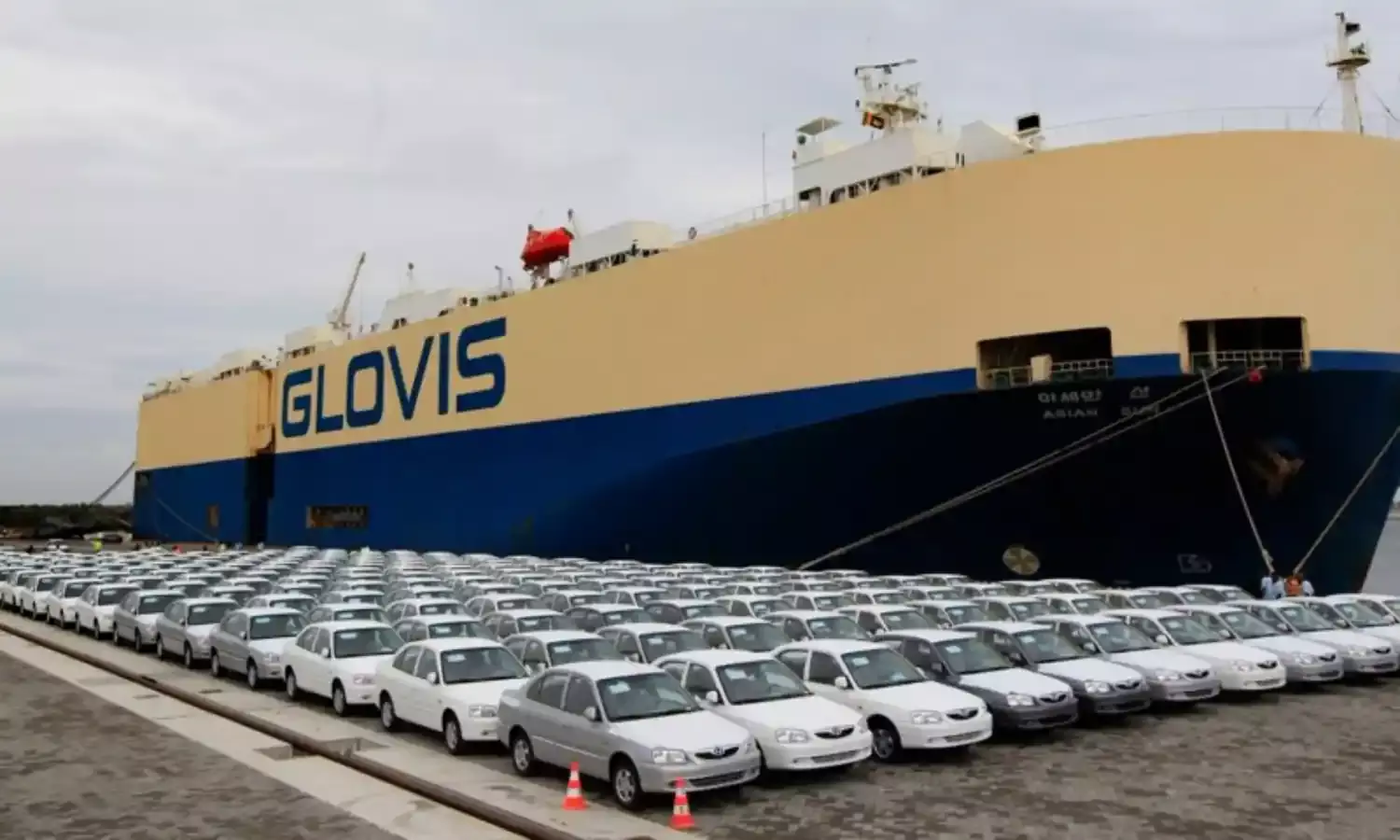Rajapaksa to Review Hambantota Port Lease to China
China may have been sounded already
COLOMBO: China may have been informally sounded about the possibility of a Gotabaya Rajapaksa Administration re-negotiating the period of lease of the controversial Hambantota port, a source close to the regime said.
“Otherwise, President Gotabaya would not have made the renegotiation plan public through an international media interview,” the source added.
The President told Nitin Gokhale Editor-in Chief of the Indian defense magazine “Bharat Shakti” that the 99-year lease is not liked by the people of Sri Lanka and that he will have to renegotiate it.
Perhaps Beijing was aware of this and that is why the Chinese Ambassador in Sri Lanka was not the first to meet the new President and congratulate him. In contrast to his reserve, in October 2018 when Mahinda Rajapaksa was sworn-in as Prime Minister in what was described as a “constitutional coup”, the Chinese envoy was the first to meet Prime Minister Mahinda Rajapaksa and offer him his good wishes.
While other nations, including India, disapproved of the coup China indirectly endorsed it.
The Indian Prime Minister was the first to congratulate Gotabaya after his victory. India also took the extraordinary step of dispatching, post haste, its Foreign Minister S.Jaishankar to Colombo for an audience with him.
While Prime Minister Narendra Modi’s message to Gotbaya was warm. Chinese President Xi Jinping’s message was essentially matter of fact, businesslike and somewhat detailed .
Xi said: “ I attach great importance to the development of our bilateral relations and wish to work together with you to enhance our political mutual trust, docking our development visions and deepening our practical cooperation within the framework of the ‘Belt and Road Initiative’, to start a new chapter of China-Sri Lanka Strategic Cooperative Partnership and to bring more tangible benefits to our two peoples.”
The reference to “enhancing mutual trust”, “docking development visions” and “deepening practical cooperation within the framework of the Belt and Road Initiative” appears to have a link with the fate of Hambantota port, which for Xi, is an inalienable part of his pet project, the Belt and Road Initiative.
The previous Rani Wickremesinghe government had given the loss-making Hambantota port in South Sri Lanka to the China Merchants Ports Holding Company (CMPort), a Chinese government-owned company on a 99-year lease on the payment of US$ 1.12 billion.
The Hambatota port was to be a joint venture between CMPort and the Sri Lanka Ports Authority (SLPA) with the Chinese company taking an overall stake of 80%, and the SLPA 20%. As per another calculation it is 85:15. But the port was to be entirely commercial and non-military. The security of the port was to be entirely in the hands of the Sri Lankan navy.
The ostensible reason for the unusually long lease was that the money was desperately needed to settle foreign debts. But it was also speculated that the Chinese might have wanted a lease of 99 years as a guarantee against sudden nationalization or against a long drawn out disruption of work of the kind which took place in the Colombo Port City project in 2015.
A question that now arises is whether China will agree to re-negotiate an agreement which had been negotiated twice before.
The government’s voicing of the demand for renegotiation had come after Gotabaya had assured India that Sri Lanka would never threaten India’s security interests. This could make the Chinese feel that the new regime had veered towards India.
China might feel let down also because it was the only country which had fully backed Sri Lanka’s war against the LTTE, and that with arms supplies.
It is learnt that personalities close to President Gotabaya had told Chinese participants in workshops and seminars in the not so distant past, that Sri Lanka has good reasons to seek the scaling down of the lease period, thereby hinting that a revision was possible.
Sources close to the new Establishment in Colombo said that China could be persuaded to scale down the lease period if the dangers of not doing it were pointed out to it.
As one source put it: “China is now being portrayed universally as a model of debt trap diplomacy, in which expensive projects are executed with Chinese funds carrying high interest rates. The under-performing Hambantota port is being cited all over the world as an example of the consequence of falling prey to China’s debt trap diplomacy. Some years ago, Gwadar port in Pakistan was an example of the consequences of debt trap diplomacy, But now it is Hambantota port.”
“Such portrayal of Hambantota harms China’s bid to be seen as a selfless global developer interested only in shared prosperity. Any adjustment over Hambantota now will actually help remove the blot and vastly improve China’s image in the world.”
The source also pointed out that there are recent cases of China’s agreeing to revisit agreements in Malaysia, Myanmar and Pakistan, following opposition to them from host governments.





